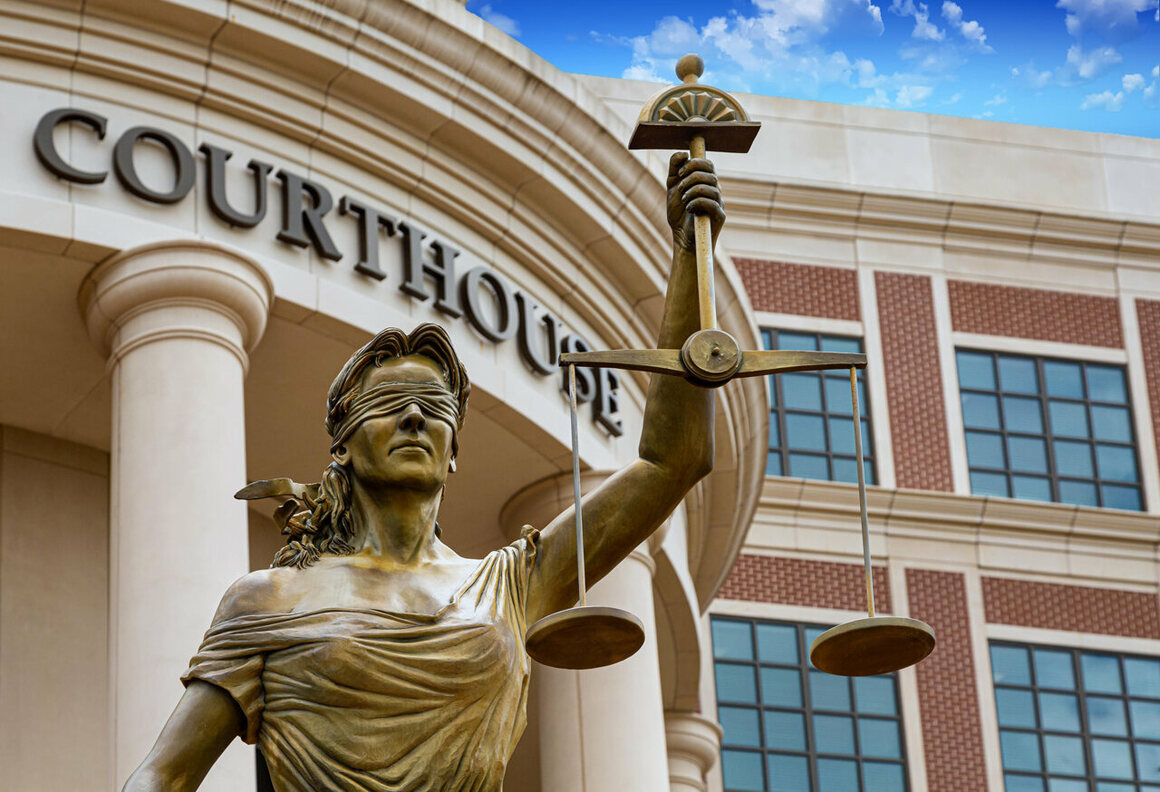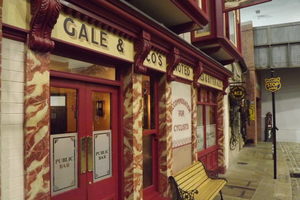What Does the Title ‘Esquire’ Mean, Anyway?
The minor debate over First Lady Dr. Jill Biden’s title, which came up shortly after her husband’s election, may seem completely ridiculous and insulting, which it is, but it’s also the latest in a line of kerfuffles relating to how people in power in the United States present themselves. The extensive intricacies of British titling, and the power those titles conferred (and to a lesser extent, still confer), have left a lasting residue in some of the empire’s former colonies.
Those who think Dr. Biden should not use her earned title suggest she simply go by “Mrs.,” which signifies only that she is married, or “Madam,” which signifies only gender. The unstated goal of all this talk is a gross collection of sexism, elite gatekeeping, anti-elitism in general, and a simple partisan attack on the Biden administration. The idea of attacking someone in power by attacking a title is not a new phenomenon, and “Dr.” is not the only target.
One of the weirder movements in modern American political action attempted to attack a title so vigorously that it would have essentially collapsed the entire history of the American government. The movement didn’t succeed, because it was both factually wrong and wildly misguided, but it was wrong in a really interesting way. It relied on the title “Esquire,” which is one of the more common but most unusual ways a person can ask to be addressed.
That movement, born from the right-wing conspiracy forums of the early internet, purported that there was a “missing” Thirteenth Amendment that would have made the current Thirteenth (which abolished slavery) actually the Fourteenth. This phantom amendment, called the Titles of Nobility Amendment, was written in 1810. By law then, and now, the American government cannot bestow titles of nobility in the way that the English government once named new dukes or barons. The brief text of the amendment would have made these existing prohibitions even stronger: Any American who accepted a title of nobility or honor from a foreign government would be forbidden to hold office, and would be stripped of citizenship.

In 1983, a conspiracy theorist and researcher named David Dodge found an 1825 copy of the U.S. Constitution in the Belfast Library in Maine. The copy included that Thirteenth Amendment, and Dodge wrote several articles about it that made some rather assumptive leaps. Those leaps were: 1) The amendment had been legally enacted. 2) “Esquire” is a title of nobility. 3) “Esquire” also refers to lawyers. 4) The amendment rescinds the citizenship and the right to hold office from anyone with a title of nobility. Therefore, no lawyers have, since 1810, been allowed to serve in government or even hold citizenship. Therefore, given that over half of the country’s presidents and a huge percentage of its elected officials have been lawyers, everything you thought about this country’s history is a gigantic sham. At least that’s what Dodge argued.
It amounted to a huge attack on perceived elitism, and has been wielded repeatedly, though never effectively, as a weapon against Democrats. In 2010, the Republican party of Iowa attempted to include recognizing the missing Thirteenth Amendment as part of its platform, meant in this case to remove then–President Obama from office. Obama did pass the Illinois bar exam, making him a lawyer, and had also received a Nobel Peace Prize in 2009, which would, if you follow the odd logic to its totally illogical conclusion, have disqualified him for the office of president. There’s something of a libertarian and populist bent to it.
Jol A. Silversmith, a lawyer who works primarily with aviation law, took a side interest in this whole conspiracy business when he was in law school. “The right-wing groups are factually wrong, but did latch onto the fact that this was a very poorly documented amendment,” he says. Silversmith wrote a definitive article on it in the Southern California Interdisciplinary Law Journal in 1999, debunking just about everything in the conspiracy theory. For one thing, the amendment was never ratified by enough of the states to be enacted. It was printed in some legal texts as though it had been ratified, but Silversmith writes that, due to a chaotic government (dealing with both new states and new wars) and poor communication infrastructure, there were frequent misprintings and uncertainty about what exactly was and was not in the Constitution.
Over the following two centuries, “Esquire” began to fade in the United Kingdom. In the 20th century, the country slowed and then stopped giving out hereditary titles; the last one granted was in 1984. Social changes—immigration, new forms of wealth besides land ownership, fame and adulation going to entertainers and athletes instead of merely the obscenely wealthy—left the aristocracy intact, and rich as hell, but no longer at the forefront of social consciousness. “Esquire,” as it had become a term of straining toward nobility, became less useful.
In the United States, though, it persisted, specifically in its connection with the legal profession. This profession is largely state-regulated, and most states don’t really care about the use of the term by people in or out of the profession. Some states have penalized people for it, though. In California, Arizona, and the District of Columbia, local bar associations have penalized or advised against any non-lawyer (or suspended lawyer) from appending “Esquire” to their names, as it may erroneously signal the capacity to practice law.

American lawyers all could call themselves “Esquire,” inasmuch as anyone can, and for lawyers it wouldn’t be misleading. But not many do. “There’s not a huge amount of debate, but when it does come up, there’s a sense that this is a kind of archaic term, it’s somewhat embarrassing,” says Silversmith. “It’s something where, in my personal experience, I would never use it. It would be horrifically pretentious to do that.”
But lawyers, unlike doctors (medical or otherwise), have no other title-based way to signal what they do, or, to be somewhat uncharitable, that what they do is special, and therefore that who they are is important. Lawyers are simply not conferred a title when they pass the bar. “Esquire” steps in there, but the very fact that it is optional conveys a sense of self-marketing that many lawyers may find unbecoming. That sense, though, is perfectly in line with how the term has always been used.
Despite all these facts—that “Esquire” is not a title of nobility, that it does not necessarily refer to lawyers, and that the “missing” Thirteenth Amendment was never ratified in the first place—the anti-authoritarian cause still pops up from time to time. It is an early populist meme of the internet age, one that took root in message boards and forums, picking up some minor momentum despite being both impractical and wrong. Today, of course, when the power of these memes actually invaded the halls of American power, the arguments of the Thirteenthers seem almost quaint.





